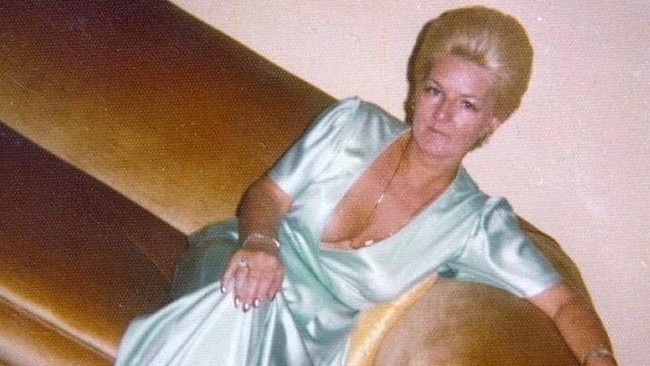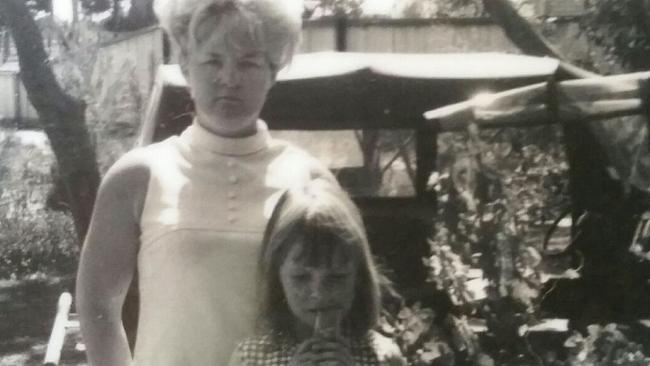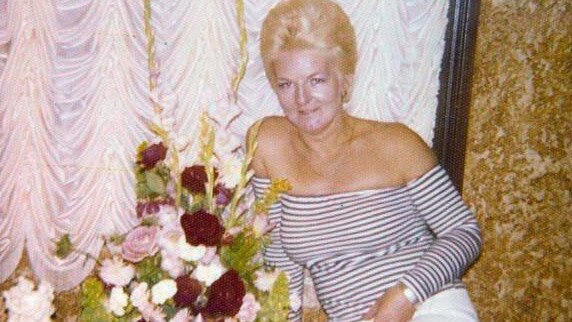Inquest fails to solve brothel madam Shirley Finn’s 1975 murder
An inquest into the death of Perth brothel madam Shirley Finn in 1975 has failed to solve the mystery.

NewsWire
Don't miss out on the headlines from NewsWire. Followed categories will be added to My News.
The gangland-style murder of Perth brothel madam Shirley Finn more than 45 years ago remains a mystery after a coroner found the majority of evidence implicating a senior detective was weak.
Ms Finn, 34, was shot four times in the head at point blank range as she sat in her Dodge, wearing a ball gown, beside Royal Perth Golf Club in June 1975.
Coroner Barry King’s 168-page findings were publicly released on Wednesday, in which he indicated it was most likely Ms Finn was killed because she had tried to blackmail police about corruption.
The lengthy inquest heard police would not raid brothels in exchange for kickbacks.
Ms Finn owed a substantial tax bill when she died and had threatened to name powerful politicians and officers involved in illegal dealings at a tax hearing.

Prostitution was illegal in WA at the time, but it was “tolerated and regulated” by police under what became known as “the containment policy”.
It meant prostitution could only operate in some brothels, with regular check-ups of prostitutes for sexually transmitted diseases, but men were not allowed to be involved in the business and the women were banned from taking drugs.
Detective Sergeant Bernie Johnson, who was the head of the vice squad and died in 2018, was in charge of managing the policy at the time and was suspected of being involved in her death but was never charged.
Others implicated in the case included Sydney underworld figure Arthur Stanley “Neddy” Smith, former head of the Criminal Investigation Branch Don Hancock and former WA Premier Ray O’Connor.

Mr King said the evidence available had not been sufficiently cogent for him to conclude who was responsible for Ms Finn’s death.
“This regrettable situation has occurred in the context of the passage of time, the poor original investigation and the allegations of corruption against several of the officers who took part in the investigation,” he said.
“A great deal of the evidence implicated Mr Johnson, but the majority of it was so weak that, even taken as a whole, the evidence could not support a finding against him to the standard of proof required for such a serious allegation.”
Mr King said evidence implicating other suspects could also not be discounted entirely.
“It is disappointing and frustrating that the inquest did not result in an answer to the primary question of who killed Ms Finn,” he said.
“However, it is important to note that the investigation into the circumstances of Ms Finn’s death has not ended.”
Mr King said the matter was now in the hands of police to follow up any further evidence.
The inquest included almost 70 witnesses and thousands of pages of documentary exhibits.
Ms Finn’s daughter Bridget Shewring, who was 13 at the time of her mother’s execution, had long called for an inquest and frequently wept during proceedings.
